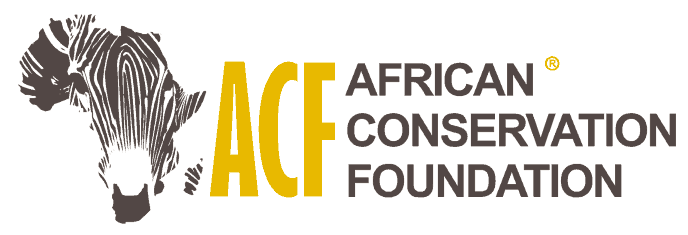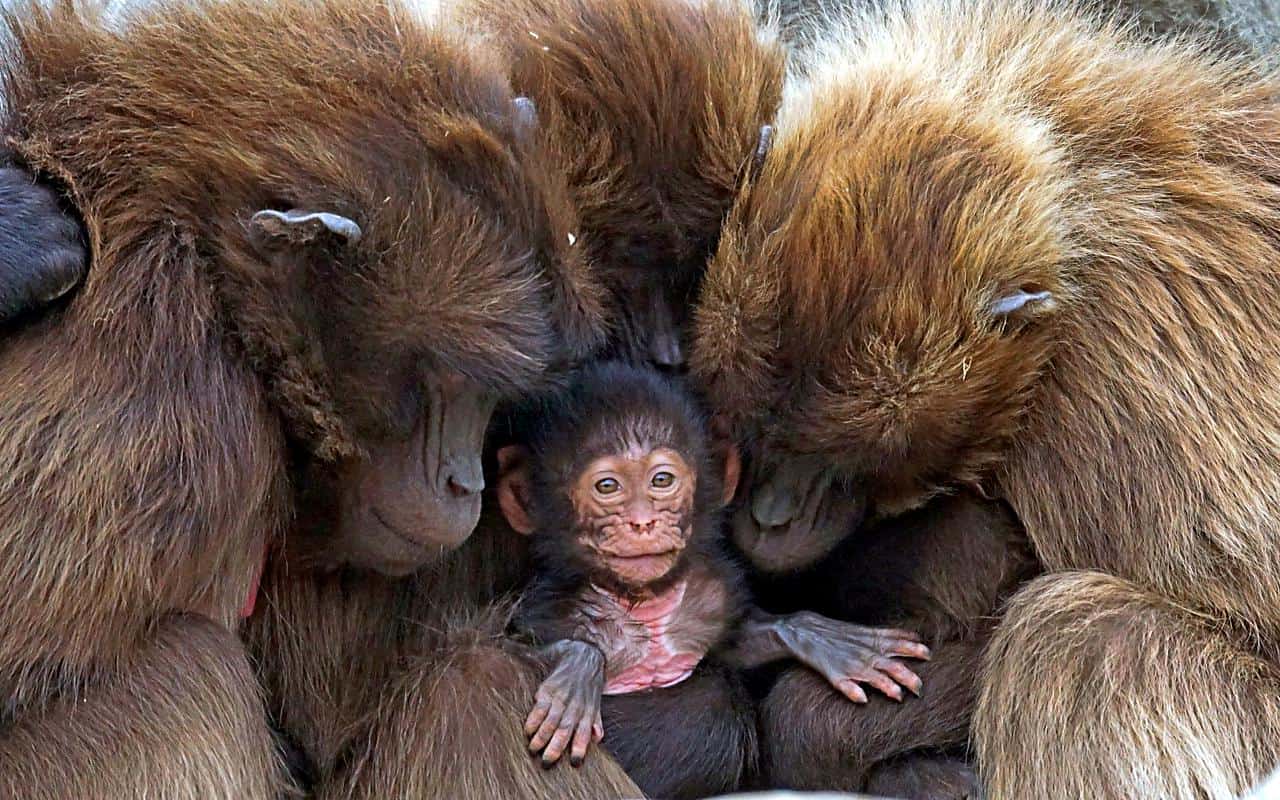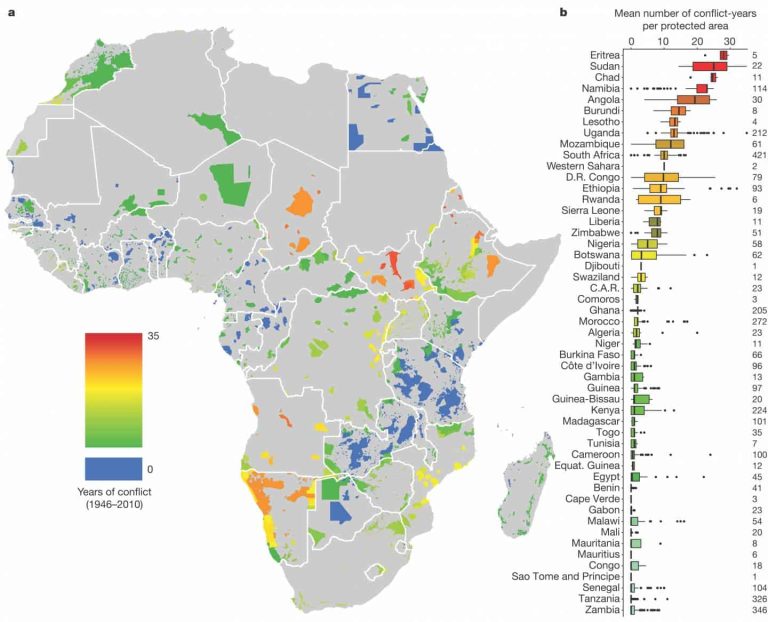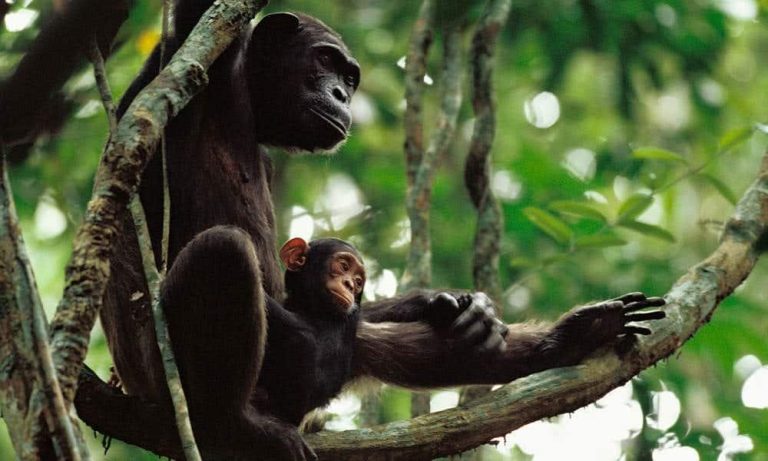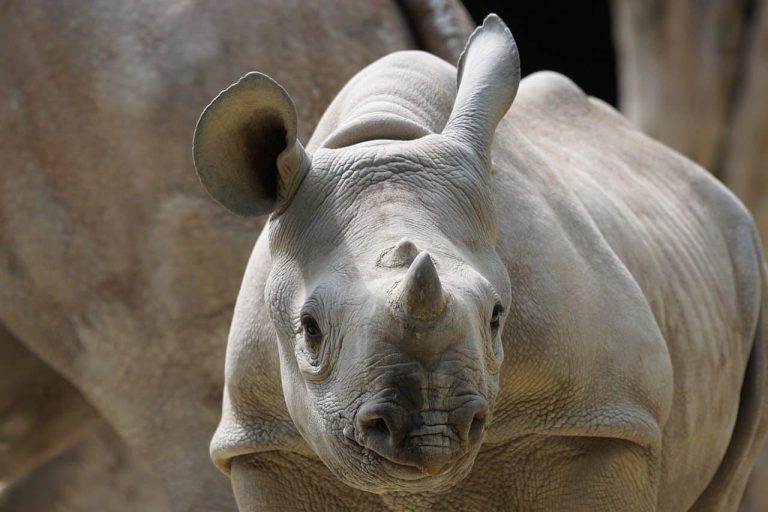Impending extinction of the world’s primates due to human activities; immediate global attention is needed to reverse the trend
Nonhuman primates, our closest biological relatives, play important roles in the livelihoods, cultures, and religions of many societies and offer unique insights into human evolution, biology, behavior, and the threat of emerging diseases. They are an essential component of tropical biodiversity, contributing to forest regeneration and ecosystem health.
Current information shows the existence of 504 species in 79 genera distributed in the Neotropics, mainland Africa, Madagascar, and Asia. Alarmingly, ~60% of primate species are now threatened with extinction and ~75% have declining populations.
This situation is the result of escalating anthropogenic pressures on primates and their habitats—mainly global and local market demands, leading to extensive habitat loss through the expansion of industrial agriculture, large-scale cattle ranching, logging, oil and gas drilling, mining, dam building, and the construction of new road networks in primate range regions.
Other important drivers are increased bushmeat hunting and the illegal trade of primates as pets and primate body parts, along with emerging threats, such as climate change and anthroponotic diseases. Often, these pressures act in synergy, exacerbating primate population declines.
Given that primate range regions overlap extensively with a large, and rapidly growing, human population characterized by high levels of poverty, global attention is needed immediately to reverse the looming risk of primate extinctions and to attend to local human needs in sustainable ways.
Locally, people and governments need to become stakeholders in this effort and perceive that they can benefit from protecting primate populations and their forests while at the same time satisfying their basic needs. This will require education, rethinking, and investment from government, nongovernmental organizations (NGOs), and the private sector.
There is no single solution to this global problem. Primate ecotourism may be an effective approach in some localities (for example, gorilla ecotourism in Rwanda, DRC, and Uganda) Despite the impending extinction facing many of the world’s primates, the authors of the study remain adamant that primate conservation is not yet a lost cause, and they are optimistic that the environmental and anthropogenic pressures leading to population declines can still be reversed.
However, this is contingent on implementing effective scientific, political, and management decisions immediately. Unless we act, human-induced environmental threats in primate range regions will result in a continued and accelerated reduction in primate biodiversity. Primate taxa will be lost through a combination of habitat loss and degradation, population isolation in fragmented landscapes, population extirpation by hunting and trapping, and rapid population decline due to human and domestic animal-borne diseases, increasing human encroachment, and climate change.
Perhaps the starkest conclusion of this review is that collectively—as researchers, educators, administrators, and politicians—we are failing to preserve primate species and their habitats.
We face a formidable challenge moving forward, as success requires that sustainable solutions address the social, cultural, economic, and ecological interdependencies that are the basis of primate conservation.
Raising global scientific and public awareness of the plight of the world’s primates and the costs of their loss to ecosystem health and human society is imperative.
————————
Original article:
A. Estrada, P. A. Garber, A. B. Rylands, C. Roos, E. Fernandez-Duque, A. Di Fiore, K. Anne-Isola Nekaris, V. Nijman, E. W. Heymann, J. E. Lambert, F. Rovero, C. Barelli, J. M. Setchell, T. R. Gillespie, R. A. Mittermeier, L. V. Arregoitia, M. de Guinea, S. Gouveia, R. Dobrovolski, S. Shanee, N. Shanee, S. A. Boyle, A. Fuentes, K. C. MacKinnon, K. R. Amato, A. L. S. Meyer, S. Wich, R. W. Sussman, R. Pan, I. Kone, B. Li, Impending extinction crisis of the world’s primates: Why primates matter. Sci. Adv. 3, e1600946 (2017).
View Full Article in Science Advances
This is an open-access article distributed under the terms of the Creative Commons Attribution-NonCommercial license, which permits use, distribution, and reproduction in any medium, so long as the resultant use is not for commercial advantage and provided the original work is properly cited.
